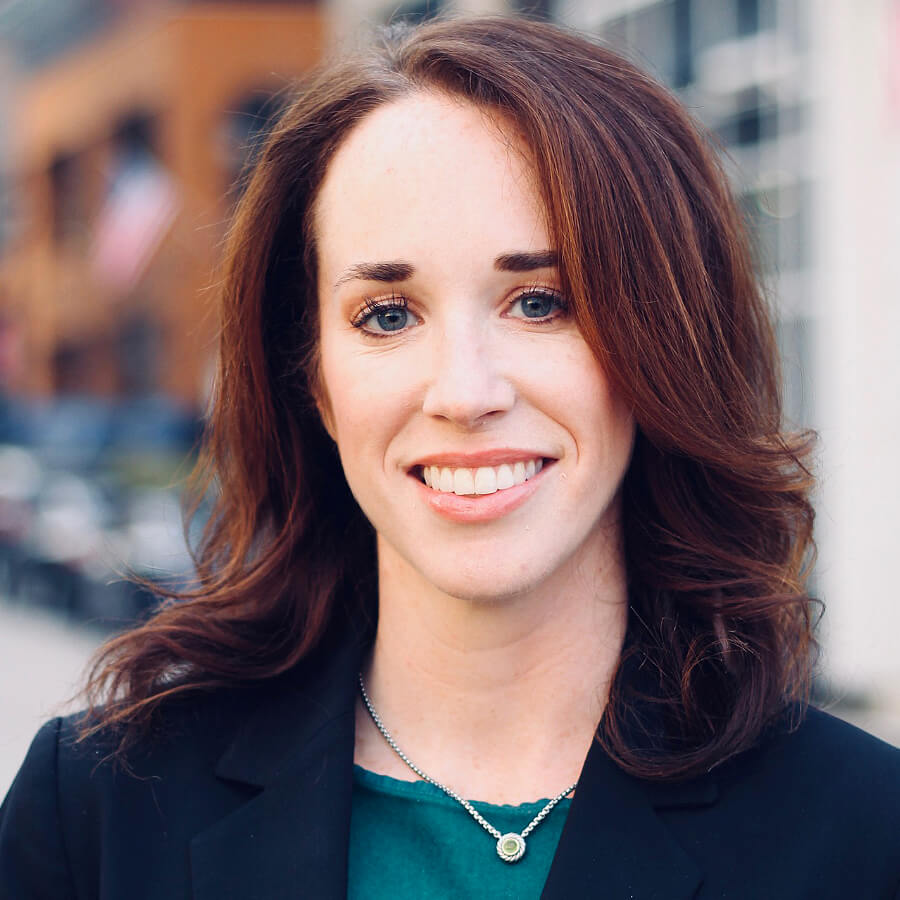The CBD Association is working hard for you both in the U.S. and internationally. Here are some recent developments:
1. Cannabis Giant Aurora Enters US Market – Canadian producer Aurora Cannabis bought Massachusetts hemp firm Reliva in a $40 million stock deal – a long-stated ambition of the company to enter the U.S. market. Aurora will pay $40 million of its common shares. The company will pay an additional $45 million in cash and stock if certain financial targets are met.
In the announcement, Aurora said that Reliva’s management team will continue to operate the U.S. business, with its chief executive taking the title of president, U.S. Reliva’s website sells a range of CBD products including drink mix, gummies, lip balm, pet tinctures, and skin cream.
2. Jane Fonda Speaks Up For CBD – Jane Fonda is a new spokeswoman for CBD and hemp-based beauty brand, Uncle Bud’s. The partnership will continue throughout 2020 and include marketing and advertising aspects. Recently, Fonda shared a video showcasing three Uncle Bud’s products to align with the new partnership news – the Hemp Hand Sanitizer, CBD Lip Balm, and Hemp Body Lotion. “I’m excited to partner with Uncle Bud’s,” said Fonda. “Wellness has always been incredibly important to me and these hemp-based products recently caught my attention. They’re eco-friendly, cruelty-free, and, most importantly, effective!”
3. BIOTA Biosciences issues Recall of Injectable CBD product in Response to FDA Warning Letter. BIOTA Biosciences, LLC of Washington state received a warning letter from the FDA for marketing and distributing injectable CBD products. The FDA took issue with the unapproved products as they were intended for use in the diagnosis, cure, mitigation, treatment, or prevention of disease, and/or intended to affect the structure or any function of the body. In the FDA’s warning letter, it includes some of the claims made on the website. BIOTA Biosciences markets private label CBD and wholesale CBD extracts, and their products include beverages, bulk CBD extracts, and water-soluble CBD, as well as injectable curcumin. The company advises practitioners or consumers that have products being recalled to stop using them and return the products to the place of purchase.
4. NAD Shames CBD Company and Attempts to Set Industry Standards – On April 29, the National Advertising Division (“NAD”) recommendedthat Talyoni Professional, LLC and its affiliate, Ecoco, Inc. (collectively “Talyoni”) discontinue express claims that the companies’ cosmetic and wellness products contain CBD. NAD also recommended Tayloni cease product performance claims based on the presence of CBD in the products. NAD, part of the Better Business Bureaus National Programs, is a self-regulatory forum where consumers, competitors, and NAD can challenge national advertising. If a challenged advertiser refuses to participate, or if NAD recommends that an advertiser modify or discontinue advertising claims and the advertiser refuses to comply, NAD refers the matter to the appropriate regulatory agency. NAD found that Talyoni failed to provide adequate substantiation that its products contained CBD.
As substantiation, Talyoni provided a certificate of analysis (“COA”) for the CBD oil ingredient used in its products, a description of the manufacturing specifications for the CBD oil, and a COA for a bottle of its CBD-infused shampoo showing it contained 0.0245% THC and 0.826% CBD. Despite this evidence, NAD determined there was inadequate substantiation for the challenged express claims.
NAD explained that Talyoni could not rely on ingredient tests alone to support claims about its finished product. While the information provided by the supplier could provide a reasonable basis that the supplier’s CBD oil contained CBD, this was insufficient to show Talyoni’s finished product contained CBD. Second, the NAD found that the results of one test for CBD on a single bottle of one product could not be imputed on the wide variety of products Talyoni markets.
5. Kristen Bell Partners with Lord Jones on New CBD Line for Everyman – Luxury CBD company Lord Jones is planning to debut a new CBD sister-brand with Kristen Bell, called Happy Dance. Scheduled to launch in the fall via direct-to-consumer, Happy Dance will cross both the skin-care and personal care categories, like Lord Jones, but will be sold at a lower price point. The new line will also be the first new brand to come out of Lord Jones, which was acquired by Canadian cannabis company Cronos Group for $300 million in 2019. “When I met Lord Jones founders Rob and Cindy [Capobianco], we aligned on a shared desire to make a CBD line that would be accessible to a wider audience at a lower price point, while maintaining the same trusted quality as the Lord Jones brand,” said Bell, co-founder of Happy Dance. “Self-care shouldn’t be an event; self-care should consist of everyday pick-me-ups that can be integrated into one’s daily routine.”
6. CBA Forms Committee to Police CBD Industry – The Consumer Brands Association (CBA) has announced the formation of a coalition dedicated to advocating for stronger enforcement in the CBD industry. In a press release, CBA said the group – which includes top law enforcement, retail, and consumer watchdog organizations – would work to advocate for “uniform federal policies around cannabidiol.” Participants include the National Sheriffs’ Association (NSA), the National Association of Convenience Stores (NACS), and the National Confectioners Association (NCA), among others.
The popularity of products containing CBD has swelled since the passage of the 2018 Farm Bill. Over-the-counter CBD items have been advertised as a way to help reduce anxiety and stress, and help those with joint pain, difficulty sleeping, and even depression. Many of those claims have been heavily scrutinized by the U.S. Food and Drug Administration (FDA).
Currently, it is illegal to include CBD in any over-the-counter products other than cosmetics. Yet, hundreds of products Several brands have incorporated CBD in food, beverages, and supplements. Looks like CBA seeks to act as an enforcer against “bad actors.” The question is, who will be defined as a “bad actor”?


